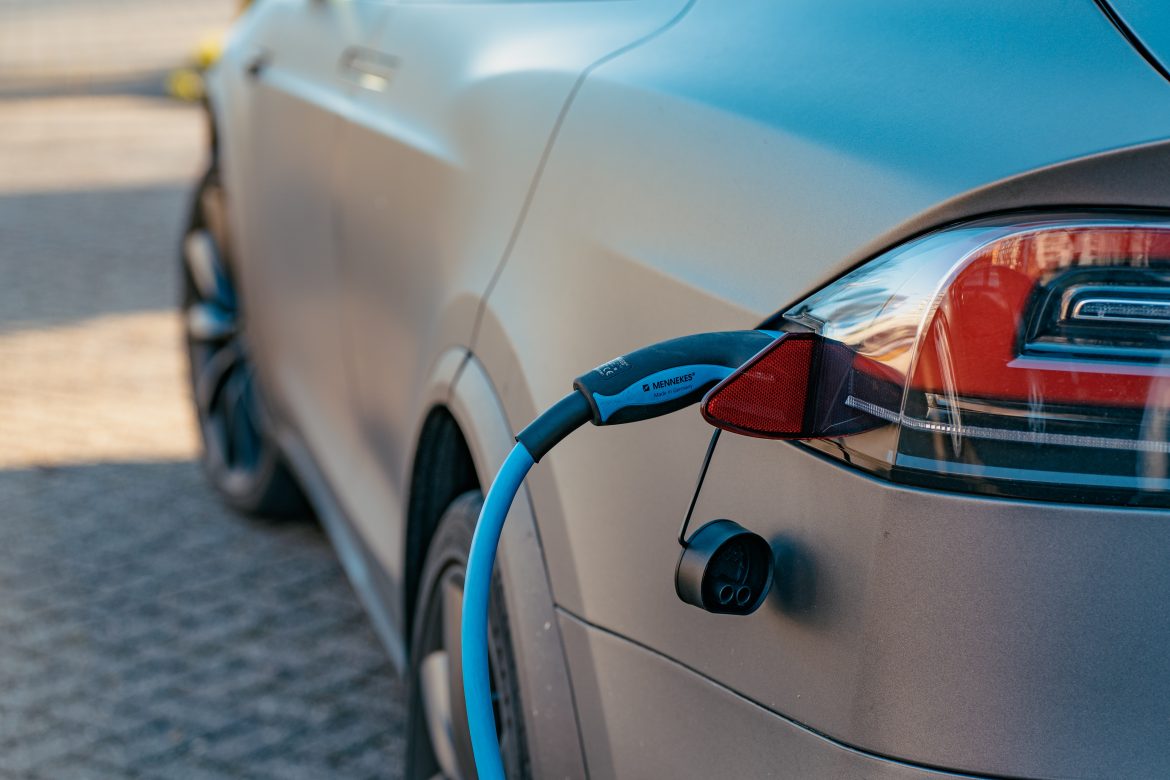Major Japanese auto manufacturers will invest 150 billion baht (USD 4.34 billion) in Thailand over the next five years, a Thai government spokesperson told Reuters. The move aims to support the Southeast Asian country’s transition to making electric vehicles, in line with its government policies. Toyota Motor and Honda Motor have vowed to invest about 50 billion baht each, while Isuzu Motors has set aside 30 billion baht and Mitsubishi Motors is investing 20 billion baht.
Thailand also looking at investment from Telsa
The investment will also be used in the production of electric pickup trucks. To get things rolling, Thailand’s Prime Minister Srettha Thavisin concluded a trip to Japan last week. Srettha is even trying to engage US EV maker Tesla to invest in the country. Earlier this month, he showed industrial estates in Thailand to executives from Tesla for potential investment.
Japanese automakers vs Chinese automakers
Japan, which is Southeast Asia’s second-largest economy, is also the largest car producer and exporter in the region. Though Japanese auto manufacturers have dominated the Thai auto sector for decades, lately, Chinese EV makers have been making large investments in the region, increasing competition.
Thailand looking to transition from ICE to EV
Thailand hopes to convert about a third of its annual production of 2.5 million vehicles into EVs by 2030. To achieve this goal, the country is preparing incentives to encourage more investment and conversion into EV manufacturing. The roll out of tax cuts and subsidies by the Thai government have already drawn a raft of Chinese carmakers, including BYD and Great Wall Motor. to invest in the country. These automakers have committed to investing USD 1.44 billion in new production facilities in the country.



